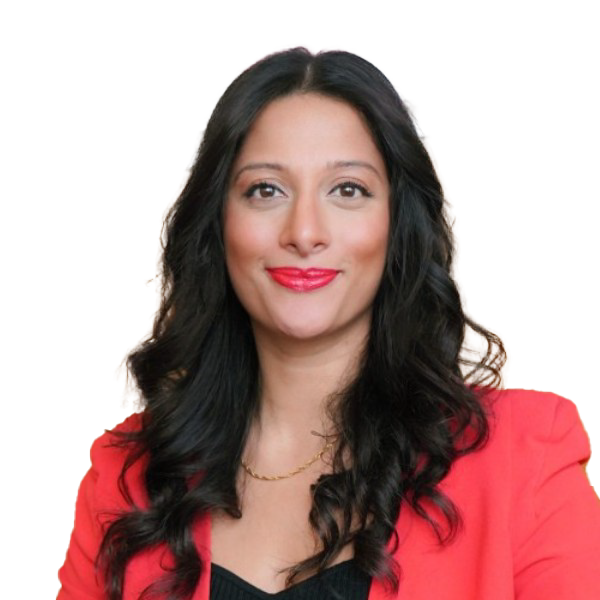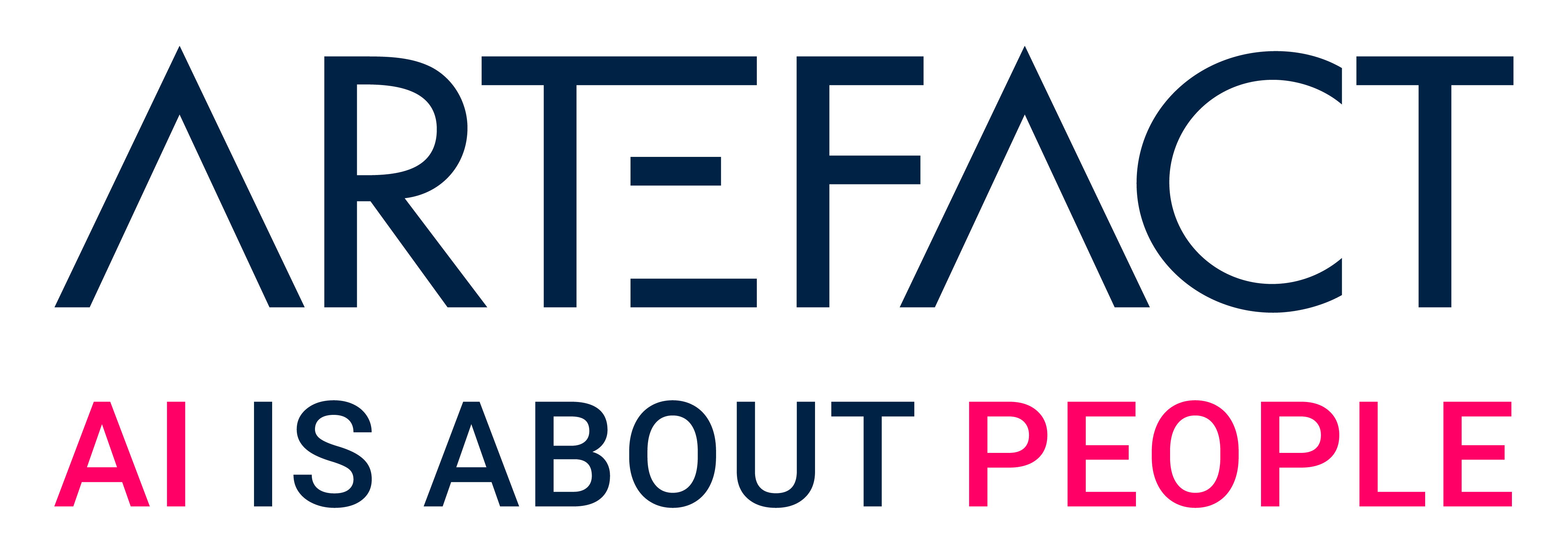Feedback is a gift. The ability to collaborate with others to grow, challenge ourselves, and evolve is critical to our development in life and work.
Psychologist Carol Dweck calls this a growth mindset, where people can transform their abilities, intelligence, and talents through dedication, hard work, and active learning. It isn’t easy. But while you’re primarily responsible for your growth mindset, you don’t have to do it alone. Find a mentor who can help you navigate the journey and turn feedback into a catalyst for your personal and professional growth.
A growth mindset requires being open to feedback
Whether you’re just starting out in your career and receiving frequent feedback, or encountering a new facet of a long-held job that challenges you beyond your comfort zone, receiving feedback can feel daunting or defeating. The first step is to be open to what you hear. Then, lean on a mentor to help you navigate the complex emotions associated with this feedback.
Is your immediate reaction to be defensive? To blindly absorb and internalize each negative comment? Individually, you can practice emotional regulation. Take a moment to process your emotions before responding. When someone gives you feedback, use active listening to pay attention to their words and perspective before you immediately retort or shut down.
Then discuss it with your mentor. They can provide a more objective perspective to help you navigate through your feelings and gut reactions to find the nuggets of truth in others’ perspectives.
Sift through feedback to find your growth catalysts
We receive feedback in various forms from our bosses, peers, direct reports, clients, partners, family, and friends. All feedback is valuable to acknowledge and listen to, but we need to sift through what is valid and actionable for our own growth.
Here, a mentor can help you identify patterns across soft or hard skills and get to the root of your growth opportunities. There are some guiding themes you can discuss with your mentor:
Each individual piece of feedback or pattern helps you to better understand yourself. Your job is to identify and interpret your individual growth priorities that will be catalysts for development. Your mentor’s role is to hold a mirror up to where you are and to provide a perspective that you may be missing. You can make this the catalyst for your growth.
Take action and be accountable
You are responsible for identifying key feedback, understanding how it fits into your growth priorities, developing actionable and measurable goals, and holding yourself accountable for making the effort to achieve them. Which part of this equation challenges you the most? This is where your mentor can step in to become an integral part of your support system.
Once you’ve identified your growth priorities, write down how they translate into your short- and long-term growth goals and how they will be addressed in a “SMART” (Specific, Measurable, Actionable, Relevant, Timely) manner. Make sure you have regular check-ins with your mentor. This is especially important as you begin to address a more complex or challenging growth area. Take ownership of your milestones, but rely on your mentor for accountability.
Make sure you have the right mentor
Mentorship can take many forms. The biggest difference I’ve seen in my career journey is the distinction between managers, who provide oversight and feedback on day-to-day performance for short-term projects and tactical team and business goals, and mentors, who provide holistic guidance on multiple dimensions of my professional and personal development.
Both are necessary. You need managers to help you block and tackle the fundamentals of your role. You also need mentors who will take a step back to understand your career goals and development areas, hold you accountable for progress, connect you with training or networking opportunities that complement your individual efforts, and challenge and inspire you. Sometimes the manager and the mentor are one and the same, but sometimes you need to find a mentor for specific areas of growth or longer-term development.
Start with your organization. Many companies offer mentoring programs or referrals to relevant mentors. If you need to expand outside of your organization, you can check out various mentorship groups, networking groups, professional events, or even search LinkedIn and cold message people for informational interviews. It’s like dating, you have to have conversations with different people before you find the right match. Sometimes it happens naturally, and sometimes it takes time to find the right person to challenge and inspire you – but it’s well worth the effort.

 NEWS
NEWS




